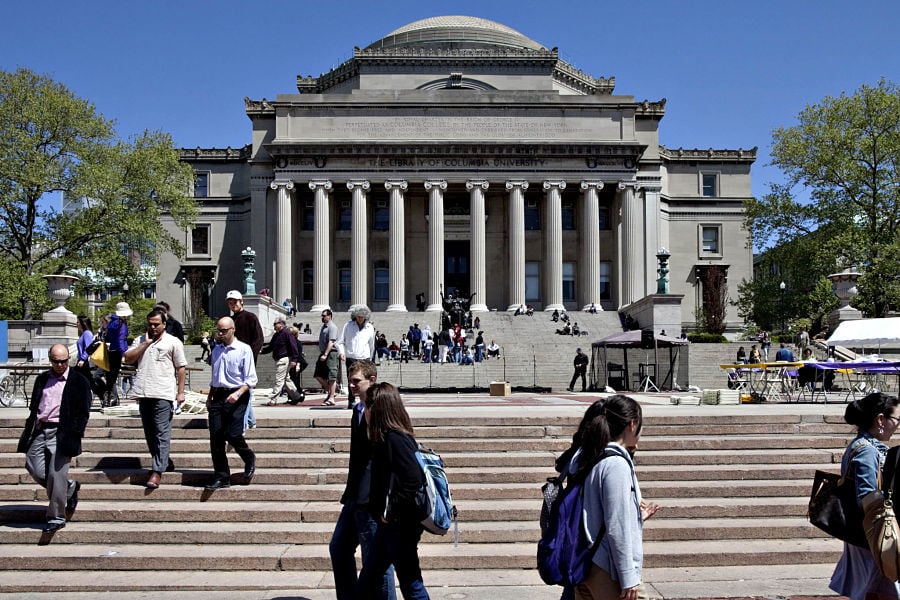

The impending closure of the federal student loan payment pause on Feb. 1 will be trouble for most borrowers, two recent surveys indicate.
For more than 40 million people, it will be the first time in nearly two years that they'll be required to make payments. The payment freeze began in March 2020 and was extended multiple times, but IT appears to be ending soon.
For more affluent workers — especially those who work with financial advisers — the payment holiday provided an opportunity to save or pay down debt. But for some, including people who faced unemployment during the pandemic, it was a lifeline that helped them make ends meet.
As many as 89% of borrowers say they will have trouble making payments when they resume on Feb. 1, according to results of a survey of more than 33,000 people published Wednesday by the Student Debt Crisis Center and Savi. Twenty-one percent of people said that they thought they would never be financially stable enough to make payments, those groups found.
Results of a survey published last week by TIAA show a similar picture, with 95% of those who benefitted from the CARES Act saying they would have some level of difficulty making payments beginning in February. That report is based on a survey in August and September of more than 800 people who work for nonprofits or in the public sector.
Among those workers, 57% have at least $50,000 in student loan debt, and nearly a quarter owe $100,000 or more, according to TIAA.
About 80% of people in that survey said they have made life or career decisions based on their student loan debt, including participating in the Public Service Loan Forgiveness program. Nearly 90% of people said they were aware of that program, and of those who had not applied, about half said they were unsure if they met the requirements, TIAA noted in a summary of the findings. That company provides access to tech startup Savi’s services to help workers find forgiveness or repayment options.
The need for assistance in general is apparent to many employers, some of which have been adding student loan perks in order to help lure talented workers in a competitive market. Those benefits can include direct financial assistance with loan payments or contributing a match to a 401(k) plan based on loan payments.
Young, early-career workers are often heavily affected by student loan debt. Twenty-seven percent of the people in Savi’s survey said such payments would account for a third of their income or more, with 10% directing half their income to student loans.

Driven by robust transaction activity amid market turbulence and increased focus on billion-dollar plus targets, Echelon Partners expects another all-time high in 2025.

The looming threat of federal funding cuts to state and local governments has lawmakers weighing a levy that was phased out in 1981.

The fintech firms' new tools and integrations address pain points in overseeing investment lineups, account monitoring, and more.

Canadian stocks are on a roll in 2025 as the country prepares to name a new Prime Minister.

Carson is expanding one of its relationships in Florida while Lido Advisors adds an $870 million practice in Silicon Valley.
RIAs face rising regulatory pressure in 2025. Forward-looking firms are responding with embedded technology, not more paperwork.
As inheritances are set to reshape client portfolios and next-gen heirs demand digital-first experiences, firms are retooling their wealth tech stacks and succession models in real time.
